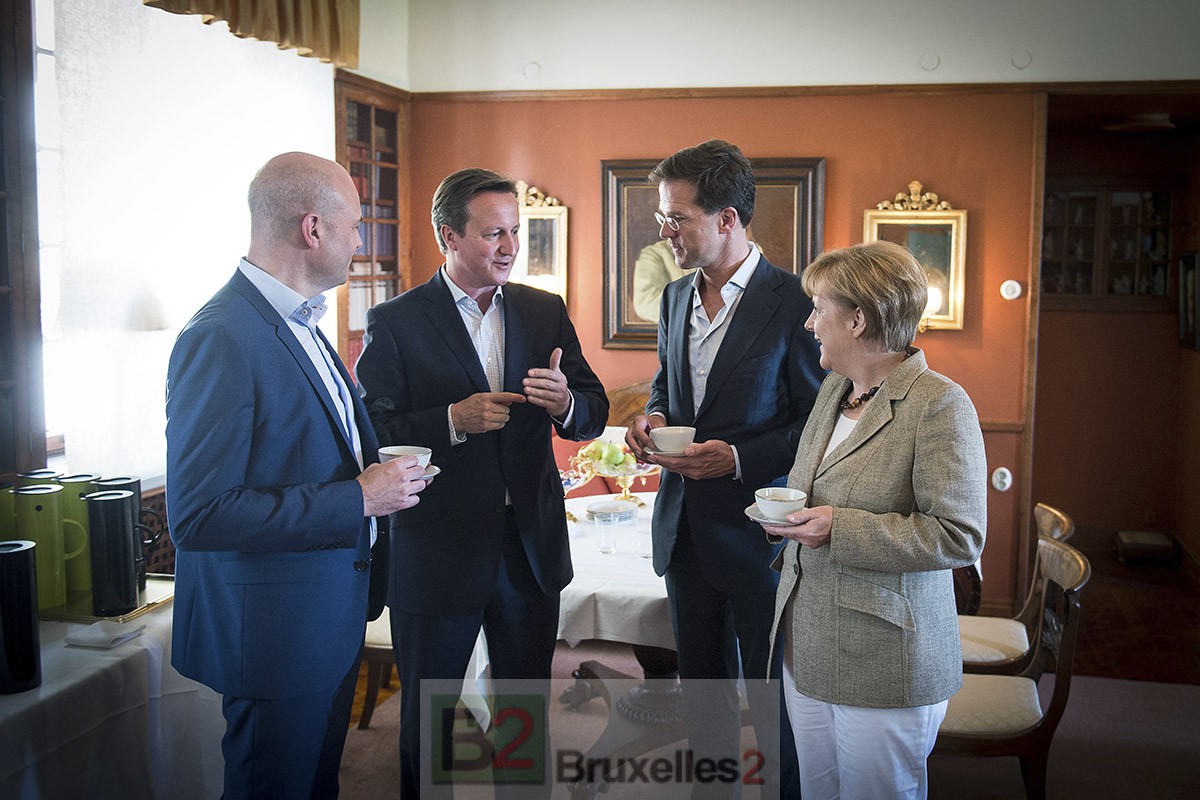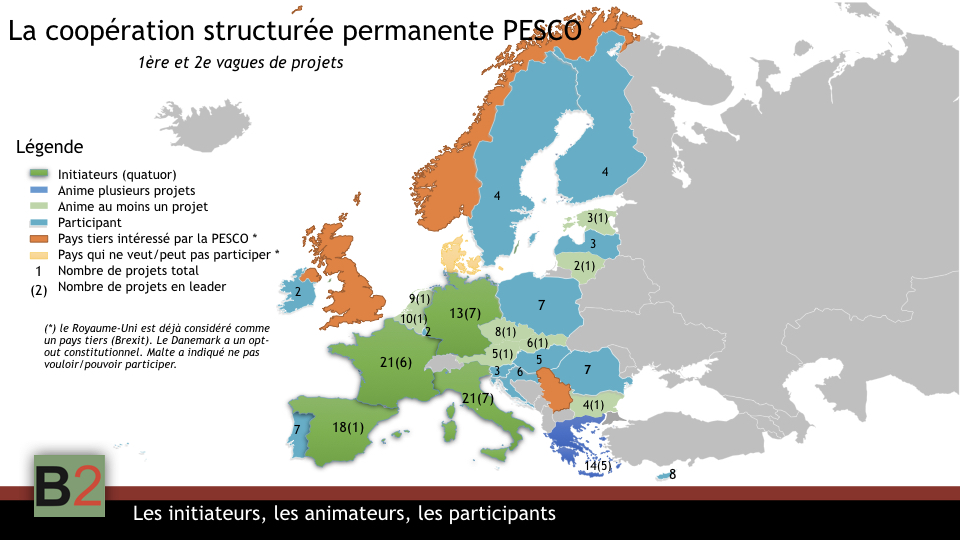Cameron's battle
(BRUSSELS2) Heads of State and Government meet for two days of decisive summits. Objective: to designate the future President of the European Commission. A large game of chess is taking shape where the Briton David Cameron will delight in a role "alone against all" and "no one loves me".

http://www.bruxelles2.eu/wp-content/uploads/2014/06/OhqLarissaBlason-14.24.36a.jpg
In the symbolic place of Ypres, where nearly 60.000 Commonwealth soldiers fell in 1917, the "28" Heads of State and Government will meet at City Hall for a private dinner. The tribute, consensual, to the victims of the First World War, completed, serious discussions can begin. And the plates could fly. The Prime Minister, David Cameron, is, indeed, determined to fight, even if it means dying on the field of honor...
Juncker or nothing
The appointment of Jean-Claude Juncker as President of the European Commission seems off to a good start. Except surprise, the former Prime Minister of Luxembourg could be dubbed to replace the very pale José-Manuel Barroso. Even though he was the candidate of the Christian Democrats during the last electoral campaign, socialists and social democrats with a good complexion, such as François Hollande or the Italian Matteo Renzi support him. And even his former allies, the Dutchman Mark Rutte or the Swede Fredrik Reinfeldt, have abandoned him.
Alone against all
David Cameron is therefore isolated. He knows it. But he loves these fights, in Brussels, alone against everyone. Everyone is predicting disaster for the Briton. It's going a bit too quickly. Because it is to forget that the European scene is for the Briton above all a convenient foil which he uses to restore his image on the national scene. And it all depends on where you place the notion of disaster. Cameron's objective: to provoke a vote. A process that Herman Van Rompuy, the President of the European Council, does not appreciate. He said it during a one-on-one with the Briton. But that's the rule. " We go to the vote as soon as one of the members of the Council asks for it. confirms an eminent jurist. This could take place on Friday afternoon. A small revolution in this padded atmosphere of meetings of Heads of State and Government! And this revolution, the British Prime Minister will brandish it as a small victory.
Posts
Then, Cameron wants to "sell his skin dearly". He knows very well that no one can get angry for a long time, especially with the country which is still an economic power within the European Union. The precise objective of the Tory leader is clear: to obtain posts, in particular within the European Commission. Even if officially, this is not the subject of the meeting, we can bet that we will discuss a " package » global, between the pear and the cheese, or in the corridors afterwards in Brussels.
The United Kingdom is claiming, for one of its own, a strategic position within the future commission, whether it concerns the Internal Market or Trade, but above all to be able to manage financial services (a precious file for London which remains the main European financial centre). He is also looking to obtain a few additional positions in the infrastructure of the European executive (general management, etc.). In the European Parliament, he can count on the good progress of the Conservative group, led by the British Tories, which has become the third group in the assembly.
And directions...
Finally, David Cameron wants to direct the work of the future Commission in the direction desired by the British, a Europe more focused on competitiveness and the internal market and which redefines its competences. He has somehow already won this battle. François Hollande's last speech in Brussels, like the paper he gave to his colleagues, is all marked by this "redefinition" of the tasks of the European Commission.
Before speaking of "disaster", we must therefore wait a little to see the dust settle.
Nicolas Gros Verheyde
long version of an article published today in Ouest-France


